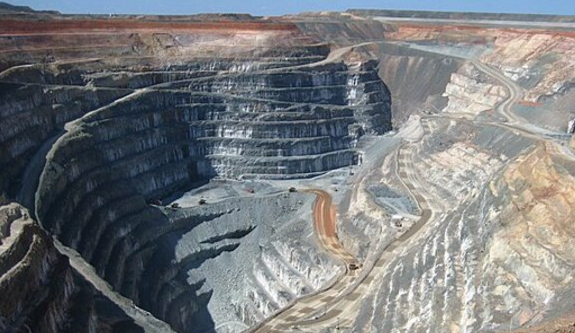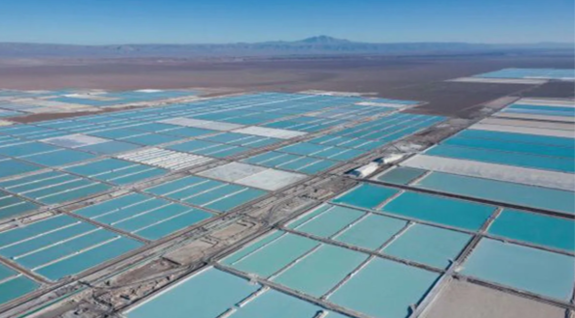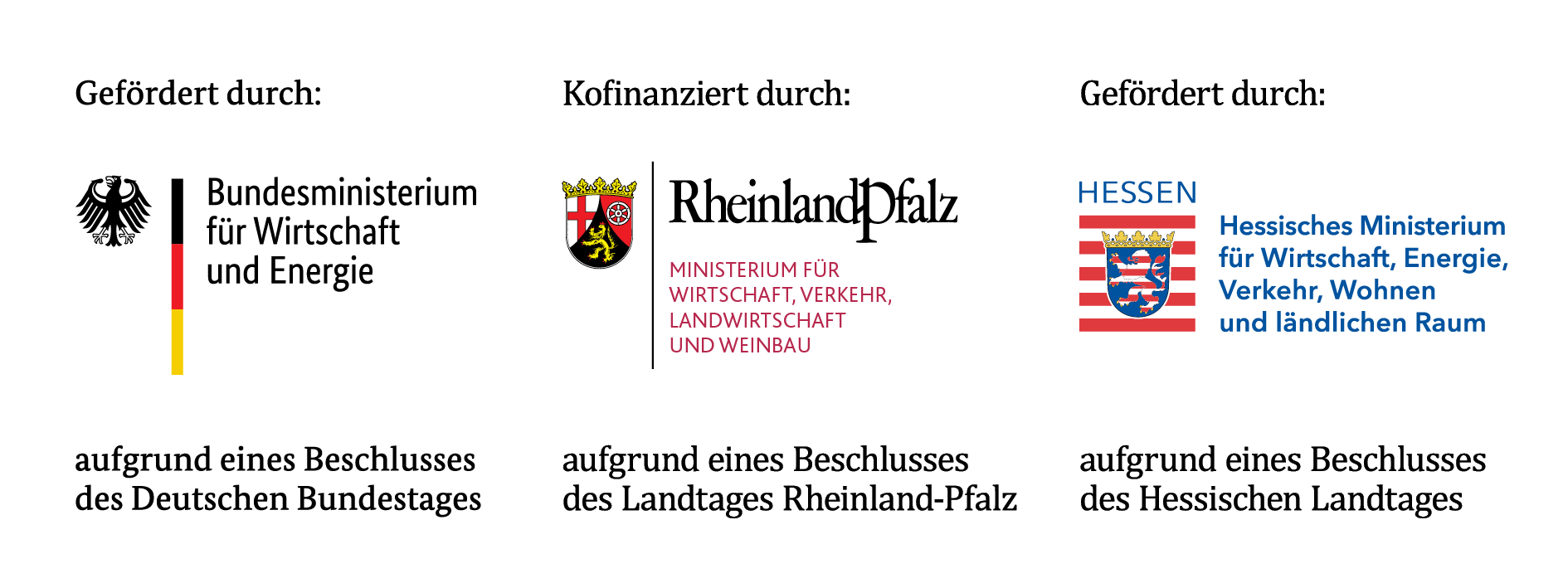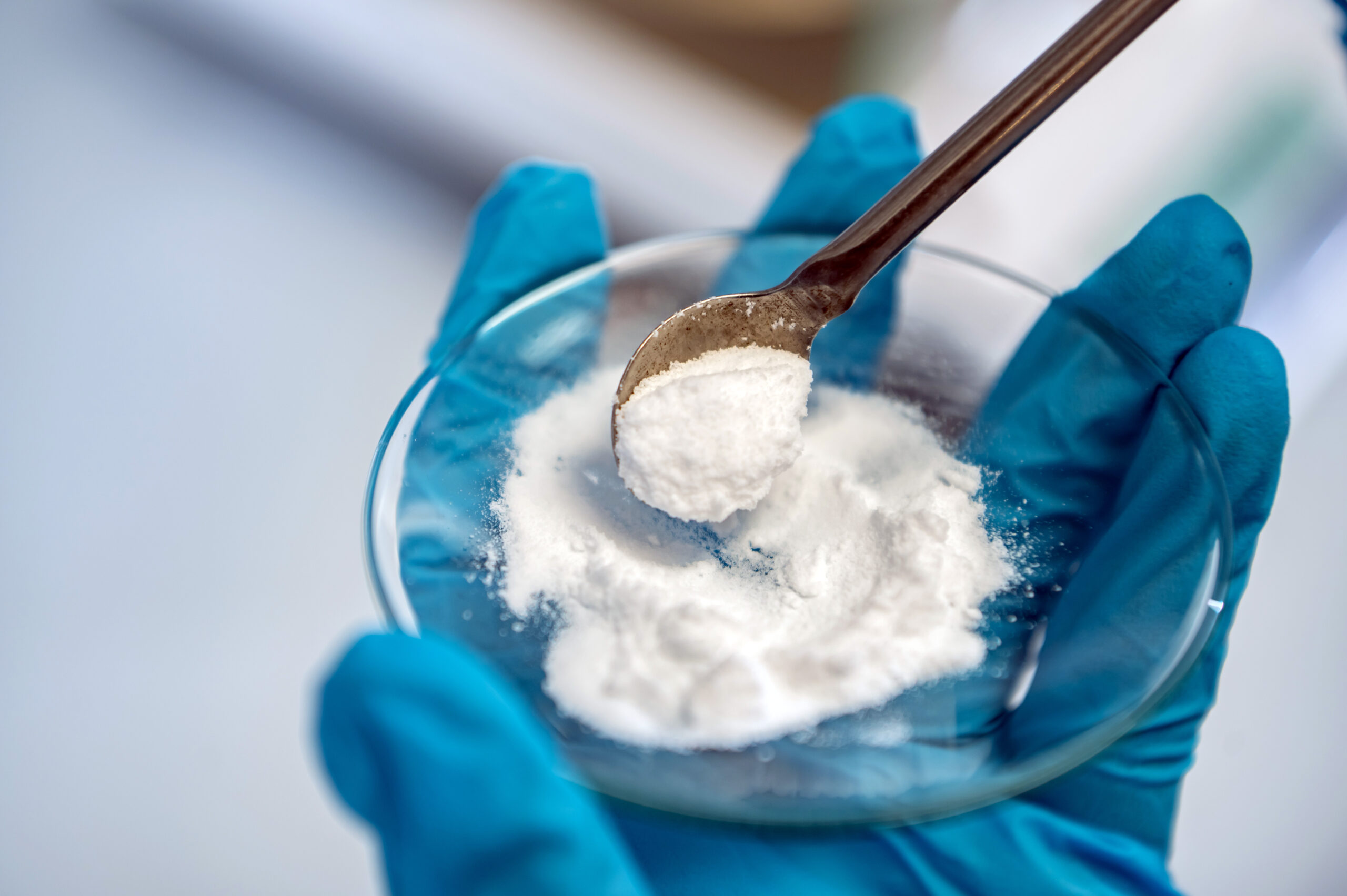
Lithium hydroxide supply chain Importance of Lithium.
The Upper Rhine Valley hosts the largest lithium deposit in Europe and one of the largest in the world, only waiting to be tapped.
Critical raw material for EV transition Lithium.
Lithium is a critical metal in electric vehicle (EV) batteries, playing a vital role in the transition to sustainable transportation. With the European Union mandating that all new cars be 100% electric by 2035, Europe’s lithium demand for electric vehicles is projected to exceed one million tonnes annually by 2030 — surpassing the size of today’s entire global lithium market.
Conventional methods for lithium production have a significant impact on the environment. Depending on the process, the CO₂ footprint and water consumption can be immense. The extensive land use also affects the environment and raises social concerns in the mining countries. We need to make lithium production more sustainable.
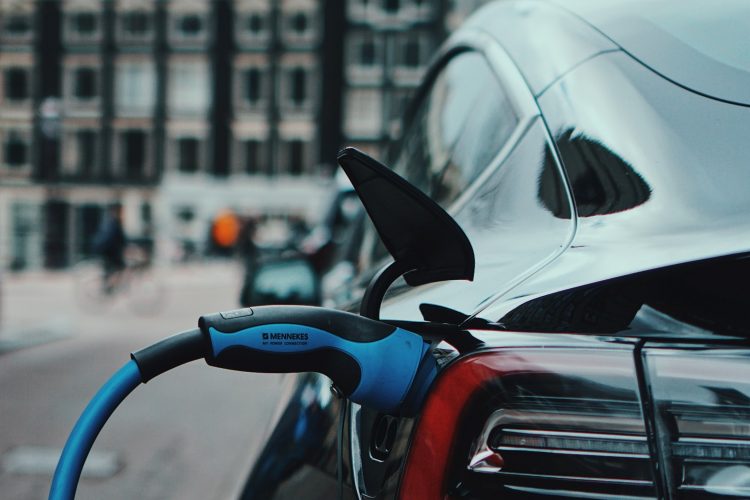
Lithium production with Legacy methods.
Why we need environmentally friendly and sustainable lithium production
Conventional methods for lithium extraction have a significant impact on the environment. Depending on the process, the CO₂ footprint and water consumption can be immense. The extensive land use also affects the environment and raises social concerns in the mining countries.
Unlike conventional lithium mining, Vulcan’s integrated lithium and renewable energy project aims to not burn fossil fuels in the lithium production and processing exercise and is environmentally and socially responsible due to very low water consumption and land use.
Unprecedented demand Sustainability is our purpose.
Sustainability is the cornerstone upon which Vulcan was founded and we are committed to being a leader in Environmental, Social and Governance (ESG) initiatives and reporting. Proudly disruptive, Vulcan’s diverse team comes from all over the globe, united by a passion for environmentalism and science. We aim to help decarbonise the electric vehicle industry and empower a carbon neutral future.

